Natural & Organic
Lorem ipsum dolor.


FreshNutritiousEuropean
Produce you can trust — delivered from Spain to the Gulf.
Lorem ipsum dolor sit amet, consectetur adipiscing elit, sed do eiusmod enim tempor incididunt ut labore et dolore magna aliqua. Ut enim ad minim, quis nostrud exercitation ullamco laboris nisi ut aliquip enim.
About 7 ELEMENTS
Seamless Produce Integration Between Europe and the Gulf
Seamless Produce Integration Between Europe and the Gulf
-
7 ELEMENTS PLANNING
We deliver fresh, high-quality fruits and vegetables directly from Spanish farms to Gulf markets – no middlemen, just pure value.
-
Crop Care
We work hand-in-hand with Spanish farmers to ensure every crop meets our high quality standards — from planting to harvest.


Dairy Products
Helping the world realize the impact of smarter produce trade.
From sourcing and farming to logistics and export, our integrated team ensures seamless delivery of fresh produce across borders.
Trusted Over 2300 + Companies in the World




Why Choose Us
Why Trust Us with7 Elements?
Why Trust Us with7 Elements?
Lorem ipsum dolor sit amet, consectetur adipiscing elit, sed do eiusmod tempor incididunt ut labore et dolore magna aliqua. Ut enim ad minim veniam, quis nostrud xercitation ullamco laboris nisi ut aliquip exea.
Smart Farming
Smart farming and trusted European produce delivered efficiently to the Gulf.
Healthy & Nutritious
We provide healthy and nutritious produce for your well-being.
Testimonial
Positive Feedback From Our Clients
Lorem ipsum dolor sit amet, consectetur adipiscing elit, sed do eiusmod enim tempor incididunt ut labore et dolore magna aliqua.







High-quality produce and excellent service every time.

eliable delivery and fresh products , truly seamless integration

Healthy Lifestyle Enthusiast
Great communication and fast shipping from Europe to the Gulf

Fresh Produce Importer
Consistently nutritious and fresh vegetables, perfect for our needs
Come & Feel Our pRODUCTS
buy now & get more discounts
Enjoy exclusive savings on bulk orders and early purchases — limited time only!
Popular Questions
1. What regions do you deliver to?
2. Where do your products come from?
4. How do you ensure freshness during shipping?
Give Us A Call
(+971)68040341
Email Address
info@7elementsco.com
Office Location
Alfardan Center Office 510, Al Majaz 3 P. O. Box: 61125 Sharjah, UAE
Work Hours
Saturday to Friday 09:00 - 18:00

Lorem ipsum dolor sit amet, consectet adipiscing elit, sed do eiusmod.
Useful Links
Subscribe Our Newsletter
matgerkit co. UAE
Copyright © 2024. All rights reserved to 7 Elements.

Mr.Majed Hassan Sharabatly